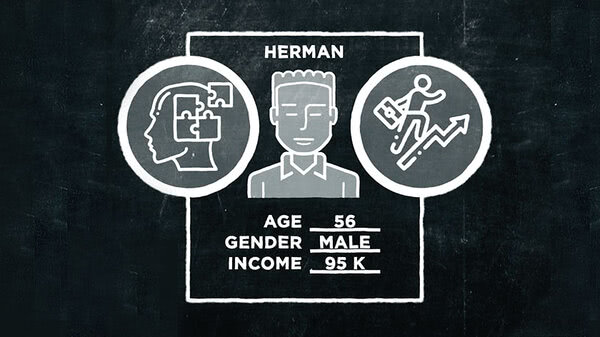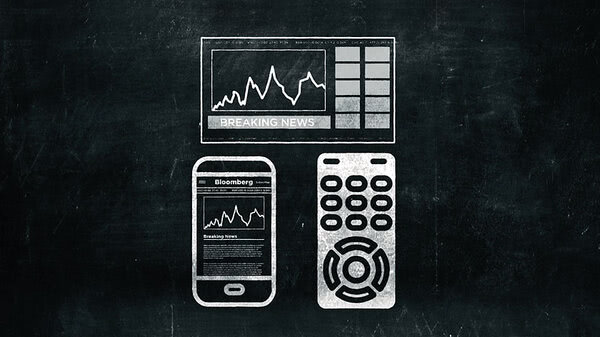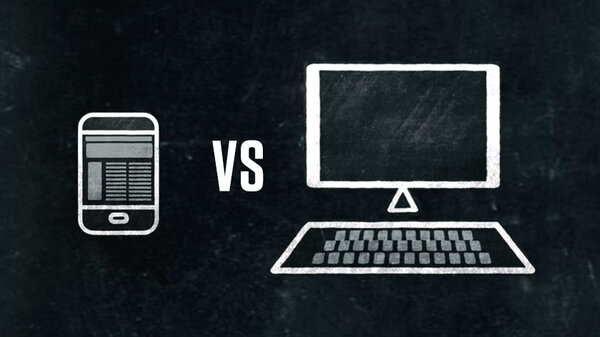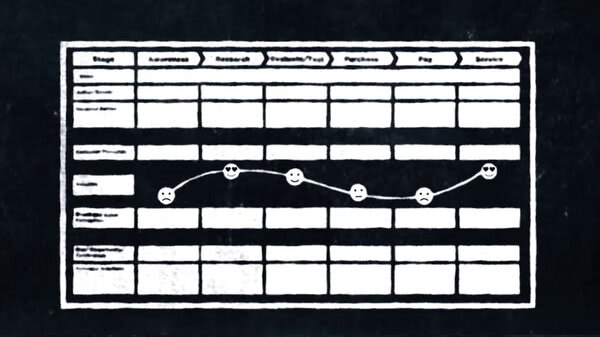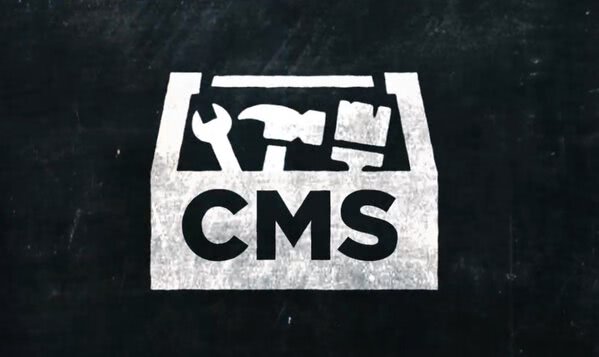In these next videos, we're going to take a look at case studies for two businesses, each looking for a way to address an internal business process.
Now, is the solution they're looking for a mobile app or is it a mobile responsive website with embedded features? As we'll see, that depends.
Our first case is a pharmaceutical rep whose company has released a groundbreaking new drug which has just been approved by the FDA and the fight against glioblastoma. During her call on healthcare providers, primarily physicians, our rep wants to inform her client of the benefits, pharmacology, costs and efficacy of the product. And make it as easy as possible for her to follow up with the physician. Simple, right?
Well, let's think about that. First, she's on her client's home turf, surrounded by distractions. Second, she is bound by a ton of regulations specifying just how far she's allowed to go in promoting their products. Third, the people she is presenting to are not even the end users of the product; their patients are.
So they're not going to be as easily swayed by appeals to ego and emotion. And even if they were. Some of these people are literally brain surgeons.
I mean in general, we're talking about a targeted audience that is intelligent, highly educated. They want targeted information provided in a highly efficient manner.
Oh, and of course physicians are always pressed for time, so any presentation is an interruption in their day. My point is these reps don't have an easy job, so what's the best tool we could equip them with?
One of the factors guiding our decision is the hardware available to these reps. Most enterprise level businesses will standardize the hardware they issue to sales reps. In this case, let's assume iPads.
That's another point for developing an app. It doesn't require a constant internet connection to function because everything it needs is stored on the device. But it can still be automatically updated whenever it is connected.
Suppose our rep would like to play a video to the pharmacist in charge of the hospital's formulary about the drug's mechanism of action. Again, having both the video and the player reside on the mobile device is just going to make for a smoother, more-reliable presentation.
Another advantage of a mobile app is that it is more likely to share the look and feel common to all iOS apps.
Our rep may be able to just hand the iPad over to a physician who uses one at home. That way, he can read and explore the drug's monograph himself.
And what about all those sticky regulations? One of the toughest aspects of creating an app for use by a pharma rep is ensuring compliance with the many laws governing interactions with physicians.
Digital apps and websites can both be programmed to display pop up refreshers from a company's OEC guidelines on ethics, etiquette, and compliance, just to keep everybody coloring inside the lines. So that one comes down to a tie.
The right app could also handle many of the tasks leading up to a visit.
For example, the rep might want to review notes from their previous call on that same physician, or look up prescription trends for a competitor's products.
What if we included navigation function so that the rep didn't even have to switch to his phone to find his way to that client's office?
Here we have a mix. Some of these features could be handled by a website, and yes, developing a website costs less, but looking at all of our client's functional and technical requirements, on balance, they're likely to be happier with the app.
So that's our first case, a pretty clear win for the app. For our next case, we're going to look at a different enterprise with an entirely different challenge.




